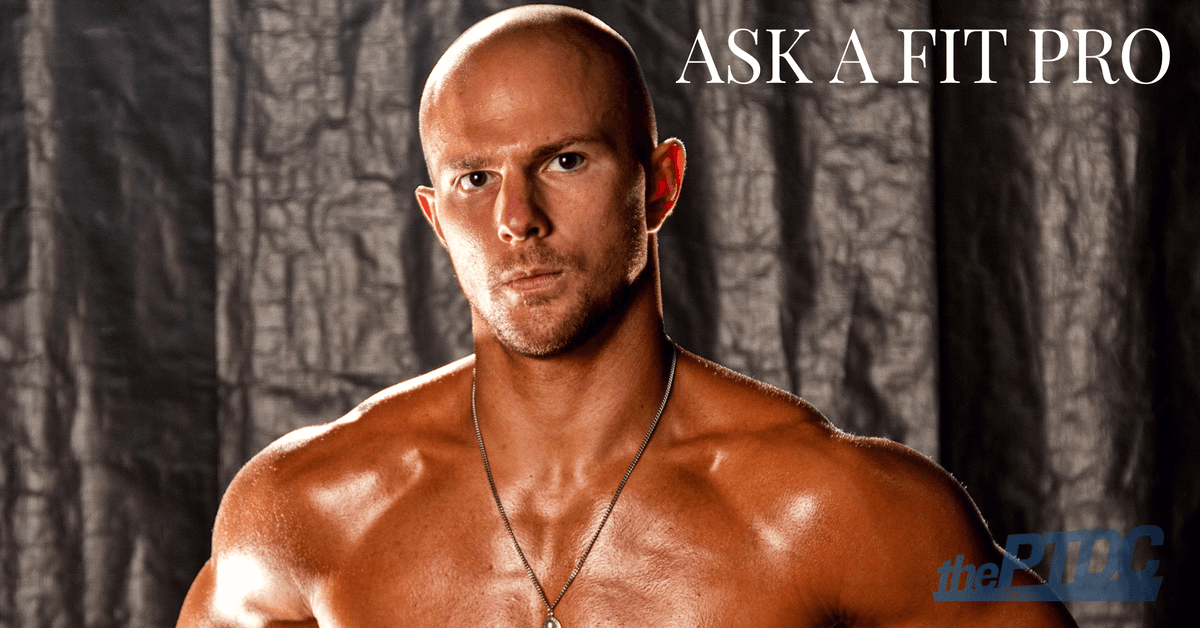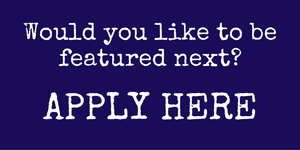Every so often, we feature coaches from this great The PTDC community that are really killing it and changing lives within their world, and ask them to share cool training, business, and productivity tips and practices.
Today we have Dr. John Rusin, big boss man of http://www.drjohnrusin.com. With an academic background in physical therapy and exercise science, along with more than a decade of training experience, Dr. Rusin helps his athletes perform and feel their best through strength and hypertrophy and pain-free programming. He’s worked with an impressive roster of athletes, including MLB All-Stars, NFL All-Pros, Olympic Gold, Bronze and Silver Medalists, world-record-holding powerlifters, bodybuilders and figure competitors, IronMan Triathletes, and many other athletes.
Let’s take a look at what makes him tick.
Location: Madison, Wisconsin, USA
Current position: Sports Performance Specialist
Certifications: PT, DPT, CSCS, ART, FMS, SFMA, YBT, FDN
Number of years in the industry: 9
What’s the one word that describes how you approach your personal training/coaching?
Detailed
What is your main training focus? For yourself and your clients?
I make sure that the programs for my clients are holistic and address the most effective and efficient methods to reach their goals, while striving to keep them free of pain and injuries. I take the assessment and intake processes very seriously in order to customize a detailed program for every client. I believe that no one can improve and create lifelong habits and foundations if they're always banged up and hurt, so prioritizing orthopedic well-being is always on my mind when designing and implementing programs.
What’s your morning routine like?
Since I run a few different businesses both in person and online, my morning routine looks the same every single day of the week. I always try to wake up an hour or so before my two kids get up to knock out one task on the computer before the day gets rolling. As anyone who has children knows, not everything is predictable with these little guys. After my wife, Lindsay, and I get them ready, we head to the gym to devote 90 minutes or so to our own fitness. After that, it's time to get to work, whether it’s working with clients at my office, writing articles from home, or starting the next project for the website.
What’s your favorite aspect about being a personal trainer?
I love the daily one-on-one interactions with our clients. There aren't many professions out there that allow this much face time with the clientele, so the opportunities to deepen relationships and making a lasting impact are huge. The ability to communicate effectively with your clients and get to know their “why” should not be overlooked. That extra effort in how you communicate with and get to know your clients is what gives them optimal results and helps their changes grow legs for life.
What is your best time-saving shortcut to do better work?
We all want to maximize our time when we work with clients, or sit down to get an important project done, but the reality is, as business owners we also have to deal with the day to day minutia of operating a business. This requires endless emails, making phone calls, and attending meetings to keep you and your staff on point.

I try to knock out emails at a set point in time every day, while also only scheduling phone calls and tele-meetings while I am driving to or from the office, walking the dogs, or doing something where I would otherwise be “losing out on time.” The driving and walking save me 90 minutes a day! That way I can get smaller tasks done and have more time for the big ticket items.
What are some of your favorite technological tools to help you stay on top of everything?
When it comes to organization, I am very simple. My business manager keeps me on track with synced calendars and schedules, but other than that I have a master notebook that has all the big tasks for each month listed in order of importance. On this list, I have articles that need to be written, big projects that need to be completed, any notable engagements or meetings, and a big focus--a general theme--for the month. Always looking at this notebook keeps me focused and on track. It's easy to stay on point with your work when a physical piece of paper is staring you in the face every single day.
What’s your client screen process like? How do you decide how to start writing a program or working with a client?
My intake process looks very similar for every client who walks through our doors. I like to be very thorough with the subjective histories of my clients, including injury and training history, and review past and present challenges and successes.
From there, I take my clients through movement screening, orthopedic assessment, task-specific assessments, and diagnostic evaluations to gain as much data as possible in every aspect of that person. We schedule out 90 minutes for initial sessions and end up going over to be as thorough as possible. The first session is all about laying down the foundations for the work ahead.
The more information you can gain, the better you can systemize your approach and make the process more seamless for you and your clients.
How do you organize all of your clients and schedules?
We use Google Calendars to schedule our clients, meetings, and calls. It’s nothing fancy, but it gets the job done.
What are you currently reading?
And is there a book you recommend that all coaches read (doesn’t have to be fitness related)?
I've started re-reading some books that have made a huge difference for my mindset and mental focus over the years. With so much going on, I quickly gravitated to two books that shared a common theme: Essentialism and The One Thing really gave me clarity, even though they were old reads. The same books can continue to help you, so know what works for you and continue to revisit them in times of need.
What other activities or hobbies do you engage in to step away from “just being a coach"?
Getting away from the gym and doing more outdoor activities, like walking, hiking and paddle boarding, have helped me mentally while still keeping my butt moving throughout the day.
I also enjoy zoning out for an hour each night and picking a mindless TV show to watch with my wife before we settle down for bed. Nothing beats turning your mind off after long days of hard work of passionately growing your businesses.
Your favorite quote:
"The way you do one thing is the way you do everything."
What was the best lesson you learned when you first started that now helps you out a lot?
There are tons of talented people in our industry, but the ones that continue to work hard and smart are the ones that get ahead and withstand the test of time.

I had the opportunity to be mentored by some superstars in our industry very early on in my career. Everyone thinks that the guys at the top are just cashing passive checks, but that's not true at all. Everyone is grinding hard, so you’d better be grinding--and hopefully smarter--for a long time if you want to get to where you feel you are the most successful in your mind.
Talented people are a dime a dozen. Talented people who work for years, decades, and on are few and far between. Be one of the latter.
What have you learned recently that you wished you learned on Day One?
How you package and communicate your message to people is more important than the message, content, or information itself. Delivery is the name of the game.
I spent almost a decade in higher education trying to learn as much as I could about the human body and its movement and function. But if I can't communicate that knowledge and passion to people, it's largely lost. Figure out how to take what you know and love and package it so that people can easily digest it and become just as passionate about it.
What’s the best advice you’ve ever received?
Over-deliver on every single thing that you do. No matter if you are working with a client in a session, releasing a product online, or writing your next article, you can never go wrong by going beyond the person’s expectations. If you want to create a tribe of raving fans, never leave them disappointed. You want that session, that product, or that article to be the best thing people could have ever wished for. If you can do that on a consistent basis, you will be successful.
What are your future aspirations?
I plan on continuing to work with athletes, create content for my following, and work with more and more fitness professionals to try to build out their specific niche in the industry.
Having carved out a pretty nice niche in my hybrid sports performance and physical therapy model for myself, I feel like I have a lot to offer to other fitness professionals who also have great information and messages to spread.
There is nothing sexy about foam rolling, rehabilitation, or warming up, but somehow packaging my unique offerings and knowledge made this somewhat relevant. Simply put, if I can do it with rehab anyone can do it in any niche. I want to really start growing my work with people to find out exactly what that is for them.
Turning a love of training into a successful vocation is a challenge for many coaches. Any advice?
Let your passion guide you in a direction, but don't think that you have control over exactly what you're going to be most successful in. Our industry will provide you opportunities if you stick with it long enough. They may not be your ideal niche or market, but once again, you don't get to pick what you become known for. Go with the flow and continue to move forward; you'll find your way, or rather, it will find you.











